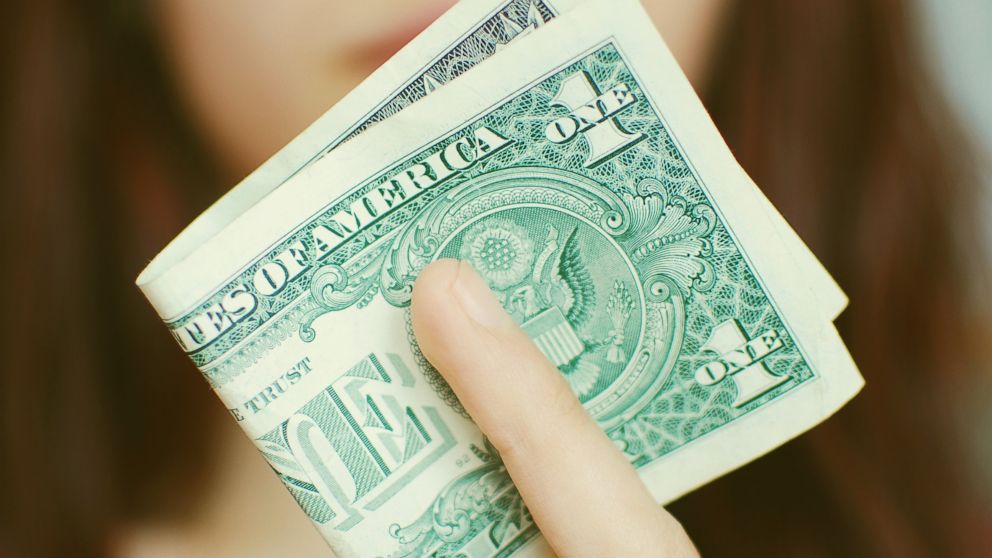How to Profit From a Stronger Dollar
Why you need to consider the dollar when investing.

— -- Investors need to keep abreast of various economic factors that affect the markets, and one of the trickiest among these is currencies. Knowing where the American dollar stands among global currencies can be essential to determining what stocks to own and which ones to avoid.
Even though this is a complex area, you don’t have to be a Nobel laureate in economics to get a basic grip on how trends in the dollar’s value against other major currencies might affect your portfolio, at least for the short run; anticipating the effects of major currency fluctuations on the market for the long term is another thing entirely.
Currencies are measured against one another in terms of their relative strength or weakness. The dollar is valued in currency markets according to its strength against other major stable currencies, including the yen and the euro.
Currently, the dollar is stronger than it has been since 2010. After bottoming out in 2011, it has been rising since, and is now up more than 15 percent since its 2011 trough. More technically, the U.S. Dollar Index, a standardized measure of the dollar’s strength against other currencies, has recently been around 85, having jumped from around 80 late in the summer — a significant increase. Generally, this is a good thing for U.S. stock markets because it attracts foreign money from investors seeking dollar-denominated returns instead of in their own currencies. Money will flow to places where it’s treated best.
Also, because global oil prices are denominated in dollars, energy costs in the U.S. decrease with a strong dollar — a boon to the overall economy because it lessens industrial costs and thus increases company earnings.
Yet, from a revenue standpoint, a strong dollar can benefit some companies and hurt others. Companies that get much of their revenue from overseas, like American multinational consumer products manufacturers, take a bit of a hit when they bring home currencies that are weak against the strong dollar. This gives an advantage to companies that get all or most of their revenue domestically.
Many large U.S. companies are multinationals, so the true advantage of a strong dollar tends to go to small-cap and mid-cap companies in industries including insurance, domestic home building, domestic airlines and general merchandise retailing. Regardless of their size, domestic retailers benefit from a strong dollar two ways: The cost of their inventory purchased overseas goes down and the ability of their customers to buy is enhanced by the strong underlying economy. Thus, companies like TJX (owner of Marshalls and T.J. Maxx), which sell discount name-brand merchandise in a value-seeking market, love a strong dollar.
So a strong dollar is all upside for CarMax, a car dealer which only operates domestically, but not as much for Ford, because it sells cars overseas.
Nor does the strong dollar have a downside for Southwest Airlines, which has few overseas routes, but it’s a mixed bag for competitors that collect a lot of fares in foreign currencies, like United and Delta, or associated industry manufacturers, like Boeing, which sells planes all over the world.
Using this same mind-set, you want a drugstore company that operates inside the U.S. instead of a drug company that sells globally — CVS, not Pfizer.




